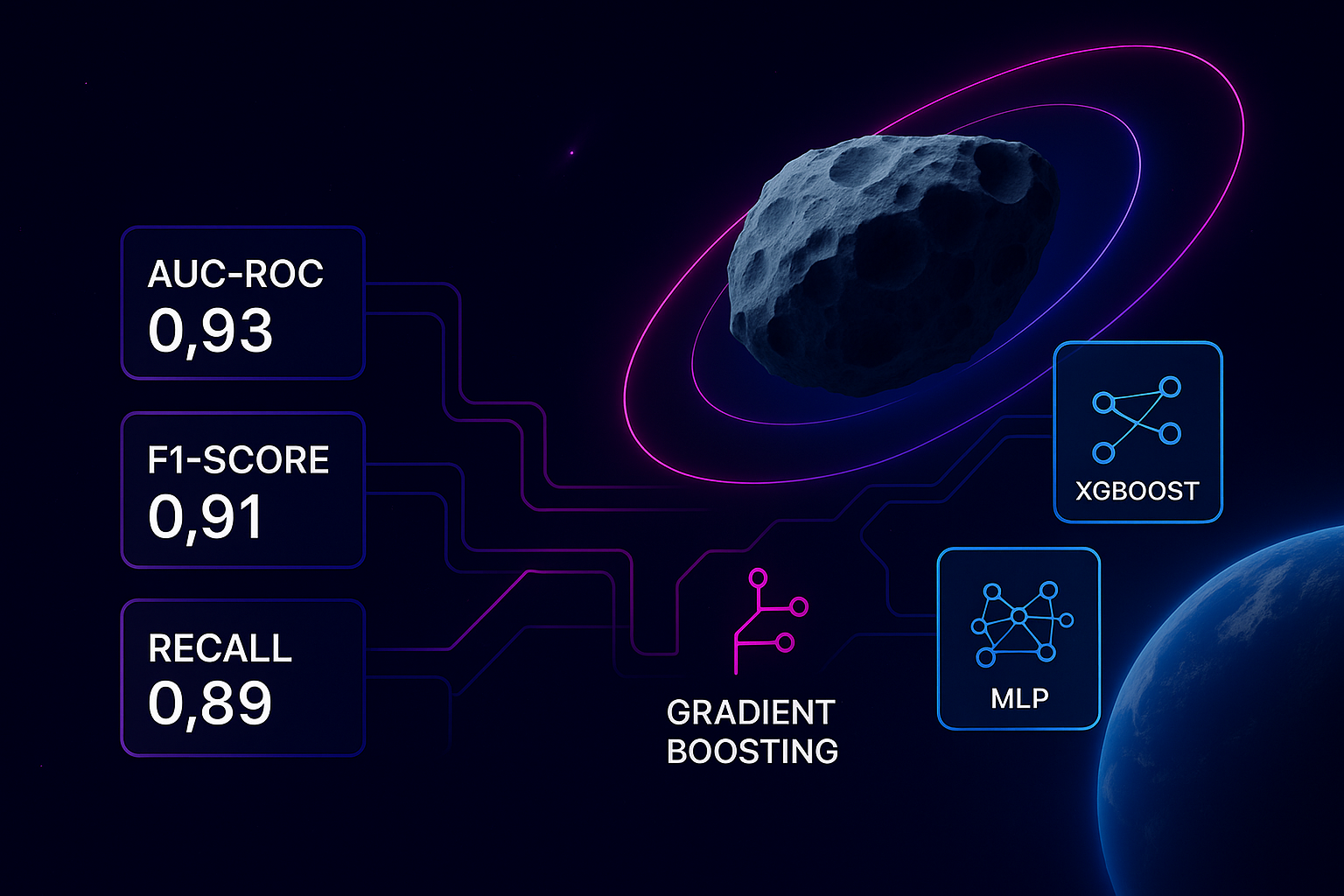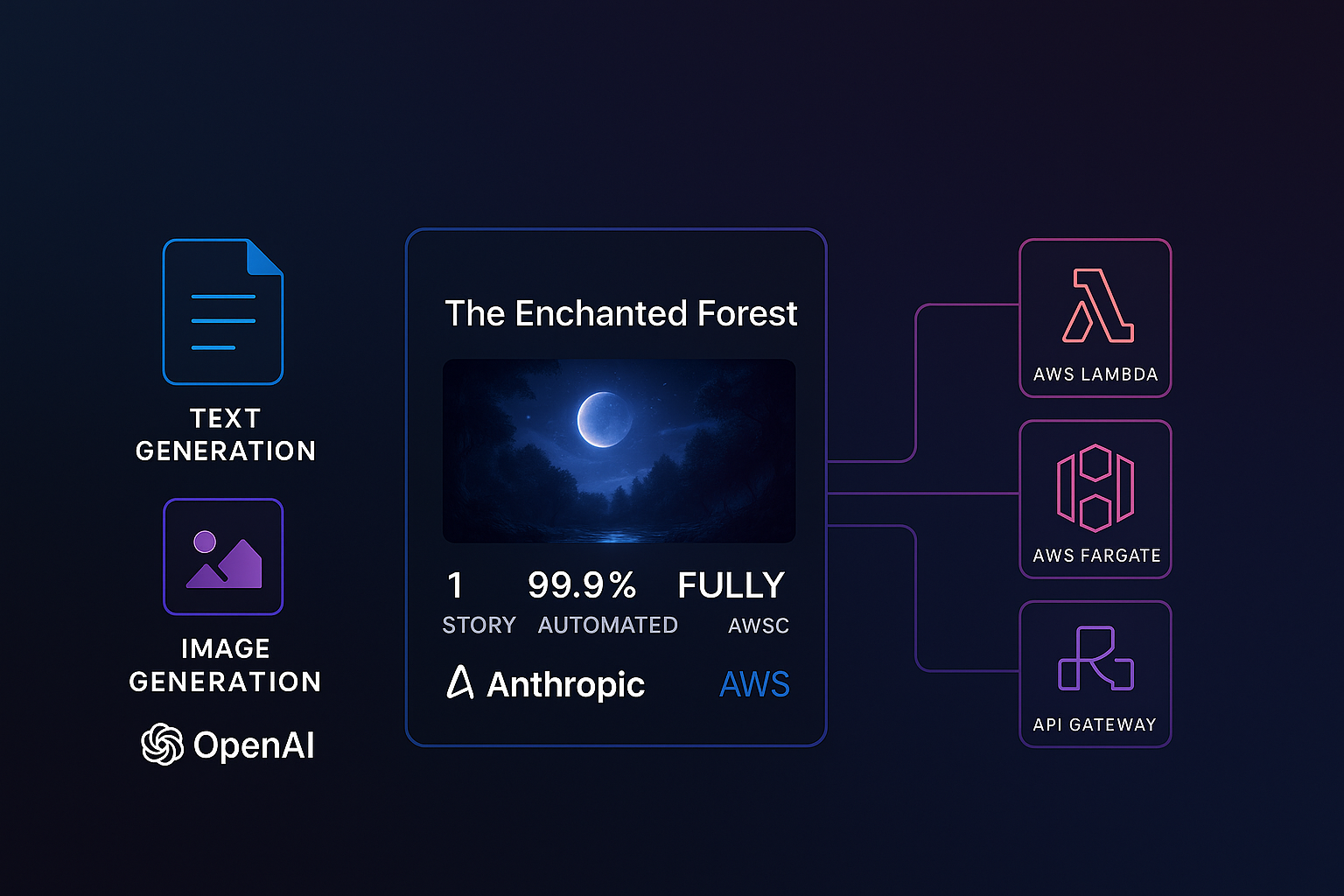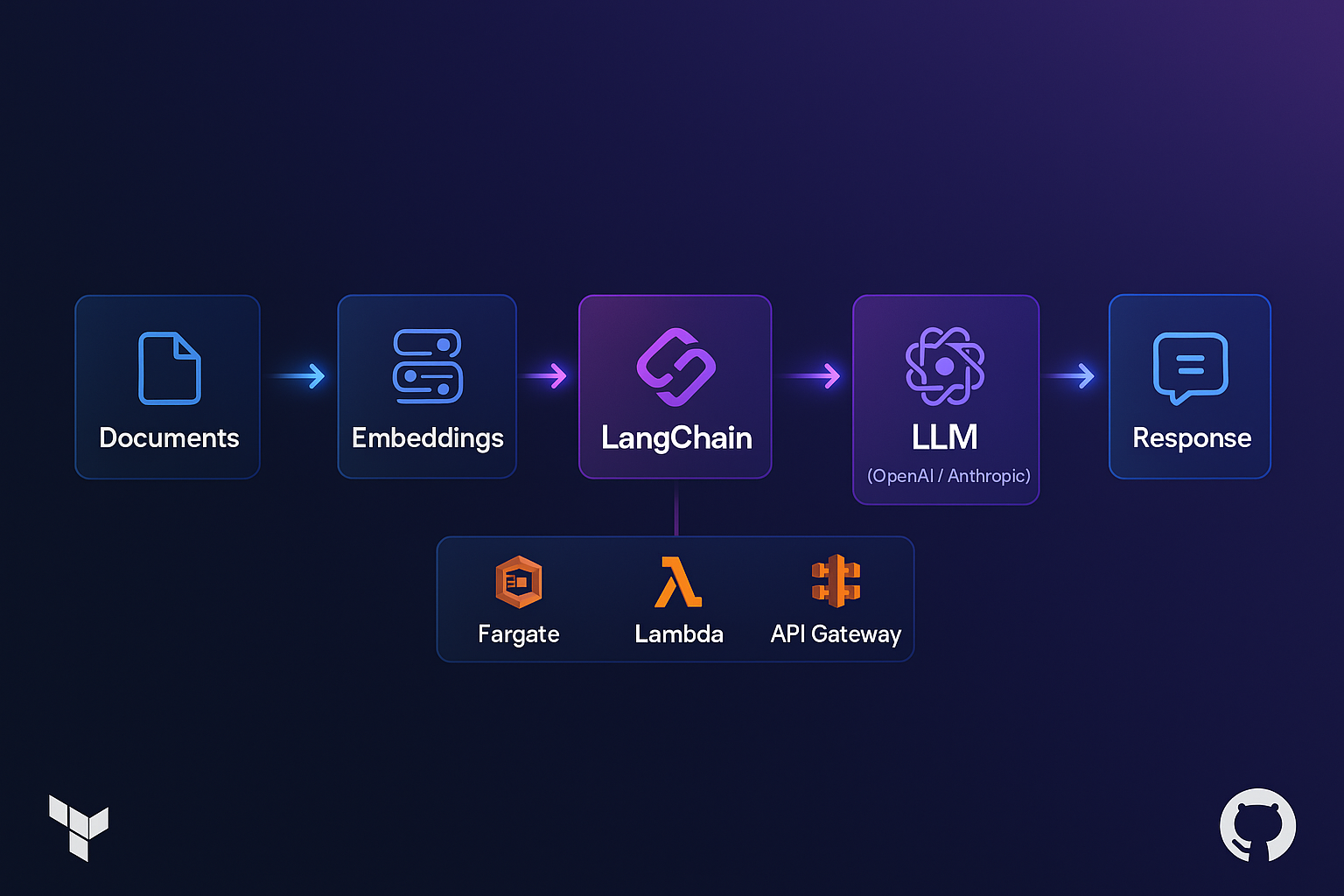
Planetary Defense: AI for Asteroid Hazard Classification
Master's thesis project evaluating 14 Machine Learning and Deep Learning models for classifying potentially hazardous asteroids, achieving up to 0.93 AUC.
Project Overview
This Master's thesis, completed for the MSc in Artificial Intelligence at Universidad Internacional de La Rioja (UNIR) and developed within the framework of the European-funded ADELA Project (B0036-2223-624-ADELA: Applications of Deep Learning for Astrophysics), investigates the application of advanced Machine Learning and Deep Learning techniques to classify asteroids based on their potential threat to Earth. The research involved a comprehensive evaluation of 14 different models, ranging from traditional algorithms to cutting-edge ensemble, boosting, and neural network architectures, using a NASA dataset of Near-Earth Objects (NEOs).
The primary goal was to optimize the identification and classification of potentially hazardous asteroids (PHAs), with a critical focus on minimizing false negatives – failing to identify a genuine threat. The study rigorously compared models based on metrics such as AUC-ROC, F1-Score, precision, recall, and computational efficiency, considering their suitability for early warning systems.
Key contributions include an exhaustive comparative analysis, insights into feature importance for asteroid hazard prediction, and a strong foundation for future research in planetary defense systems. Gradient Boosting, XGBoost, and MLP with CUDA emerged as top performers.
Key Features
- Comprehensive evaluation of 14 ML/DL models (Logistic Regression, KNN, SVM, Decision Trees, Random Forest, Gradient Boosting, XGBoost, NGBoost, MLP (CPU & CUDA), Transformers)
- Prioritized high recall and AUC-ROC for reliable detection of hazardous objects
- Utilized NASA Near-Earth Object dataset for robust training and validation
- Implemented and fine-tuned deep learning models with CUDA acceleration
- Assessed computational efficiency for practical, time-sensitive scenarios
- Publicly available thesis and code for transparency and collaboration
Technologies Used
Project Details
Institution
Universidad Internacional de La Rioja (UNIR)
Program
MSc in Artificial Intelligence
Research Context
Part of the European-funded ADELA Project (B0036-2223-624-ADELA: Applications of Deep Learning for Astrophysics)
Date
July 2024
Role
Lead AI Researcher
© 2025 Xabier Muruaga. All rights reserved.

